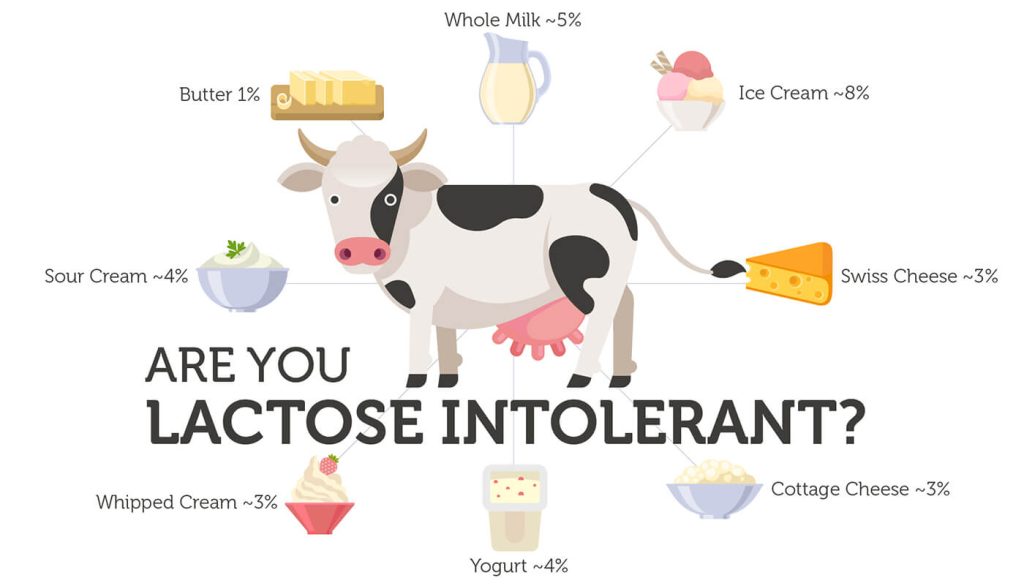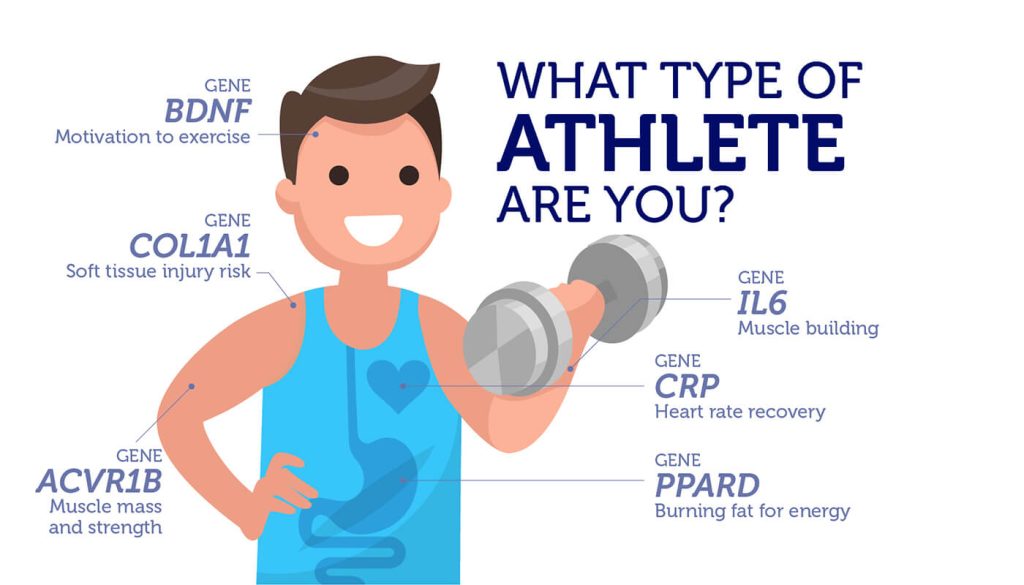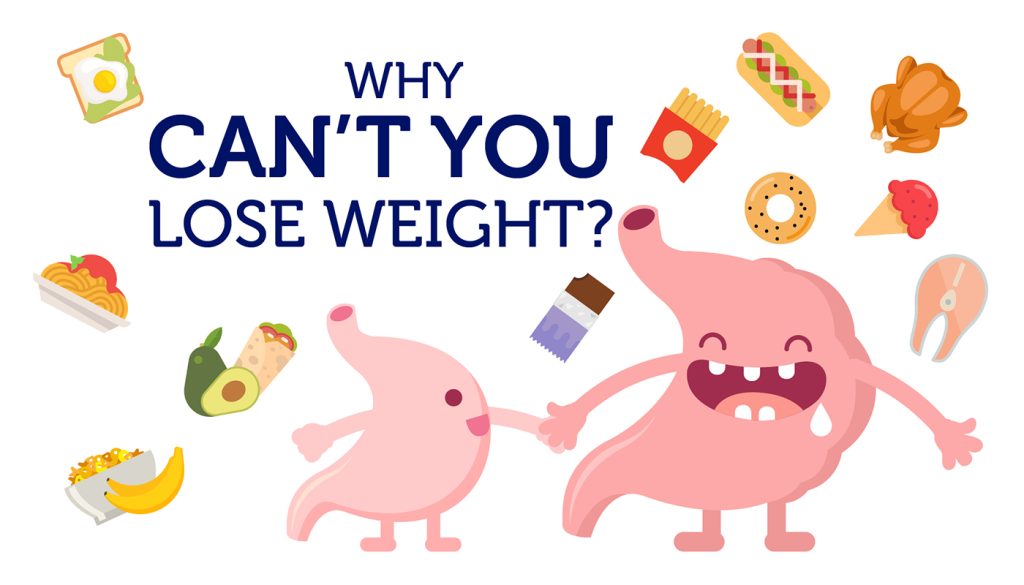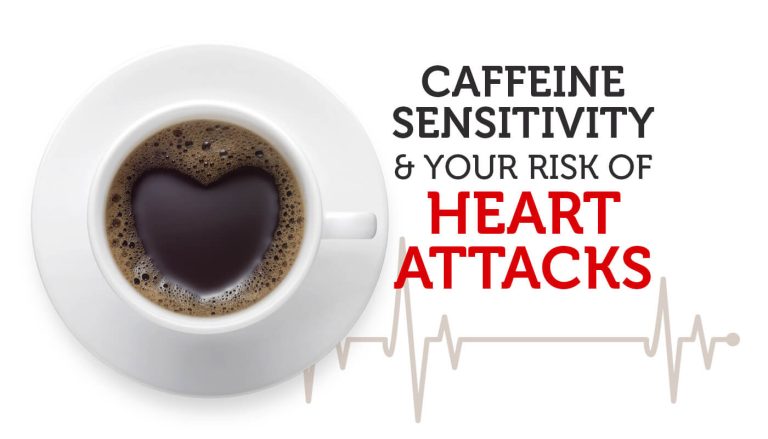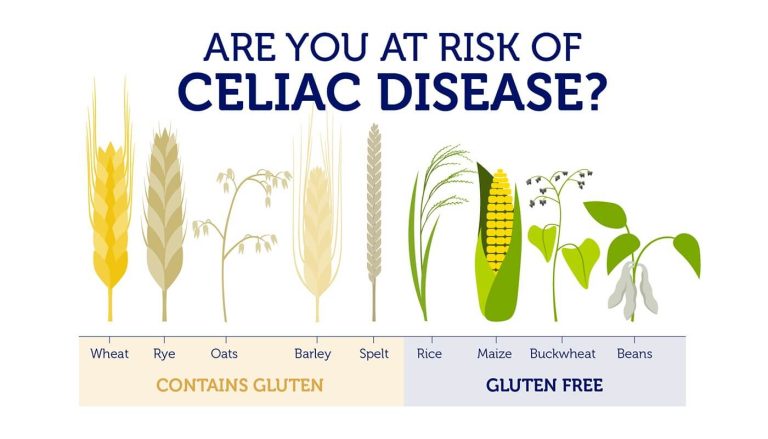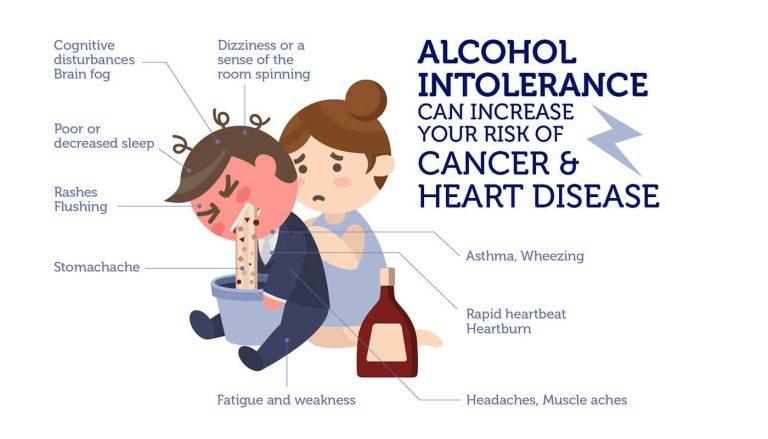Oatmeal for breakfast, a salad or sandwich for lunch, and fish with vegetables for dinner. This is your typical diet during the week. You are all about eating healthy, balanced meals, and even manage to find time for the gym.
But when Friday evening rolls around, all bets are off. You reward yourself with a nice dinner out, a few glasses of wine and even dessert. Just a single day of respite from logging calories. A reward for all the hard work you put in to maintaining your weight.
Can’t hurt right? It most certainly can, according to a study from Loughborough University. A single day of overindulgence can dramatically affect both blood sugar levels and insulin sensitivity in healthy, active people. So, if you are someone with genetic variants linked to an increased risk of type 2 diabetes, you probably want to consider nixing your habit of occasional overeating all together.
Insulin resistance
Finishing an entire tub of ice cream, or scarfing down a burger and fries, will elevate your blood sugar. The beta cells in the pancreas respond by releasing insulin. This hormone signals the removal of sugar from your blood, storing it in muscle, fat and liver cells for later use.
Insulin levels directly correspond to blood sugar levels. A person who has a healthy insulin sensitivity can regulate their blood sugar levels with a relatively small amount of insulin. But, the higher your sugar intake, the more insulin your body must produce to bring blood sugar back down.
If this increased demand for insulin continually occurs, it can lead to insulin resistance, where the body stops properly responding to insulin.
Insulin resistance is a defining symptom of obesity and pre-diabetes. It often goes undetected until it develops into type 2 diabetes. By that time the overworked beta cells can no longer make enough insulin to keep blood sugar levels in check.
Genetic variations behind insulin resistance
Genetic changes in ACC2 and IRS1 are perfect examples of how genetic variation combined with a high sugar/high fat diets can contribute to insulin resistance. The ACC2 protein is a key regulator of fat metabolism. It promotes the production of new fats and slows the breakdown of stored fats.
People who carry the rs4766587 version of ACC2 have impaired insulin sensitivity, especially when they consume a high fat diet (>35% of energy). This version of the gene is also linked to higher body mass indices, abdominal obesity and an increased risk of metabolic syndrome. These are all symptoms that elevate a person’s risk of heart disease, stroke and type 2 diabetes.
Managing ACC2 levels
Either removing or inactivating ACC2 in mice increases insulin sensitivity, fat breakdown, and offers protection from obesity and diabetes. This suggests that increased ACC2 activity could be held responsible for the changes in insulin sensitivity.
Lifestyle intervention studies link lower ACC2 levels to improved insulin sensitivity in pre-diabetic patients. They also improved fat breakdown following endurance training in healthy men. ACC2 is an attractive therapeutic target for treating metabolic syndrome, and associated conditions, such as cardiovascular disease, obesity and type 2 diabetes.
The IRS1 variant
IRS1 is a protein that is directly involved in insulin signalling. When insulin is released into our blood, it binds to protein receptors on the surface of our cells. IRS1 is then recruited to this insulin-receptor complex and is key to mediating the effects of insulin.
The rs2943641 variant of IRS1 is linked to insulin resistance. Muscle biopsies from patients with this version of the gene also have lower IRS1 protein levels. The link between rs2943641 and type 2 diabetes has been confirmed in multiple studies involving individuals of different ethnic backgrounds.
A single slip up can increase your risk of diabetes
Even the best of us occasionally succumb to bouts of overindulgence. According to Parry and colleagues, a single slip up can increase blood sugar levels by 17% and decrease the insulin sensitivity by 28% in young, healthy and active individuals.
It’s highly likely that these changes would be even more dramatic in those who carry the versions of ACC2 and IRS1 linked to impaired insulin sensitivity. Find out if you are one of them with the DNA Type 2 Diabetes Test.
But, on the bright side, it also means that simple changes to our diet could drastically impact the risk of developing type 2 diabetes, even when the risk is passed down in our genes.




